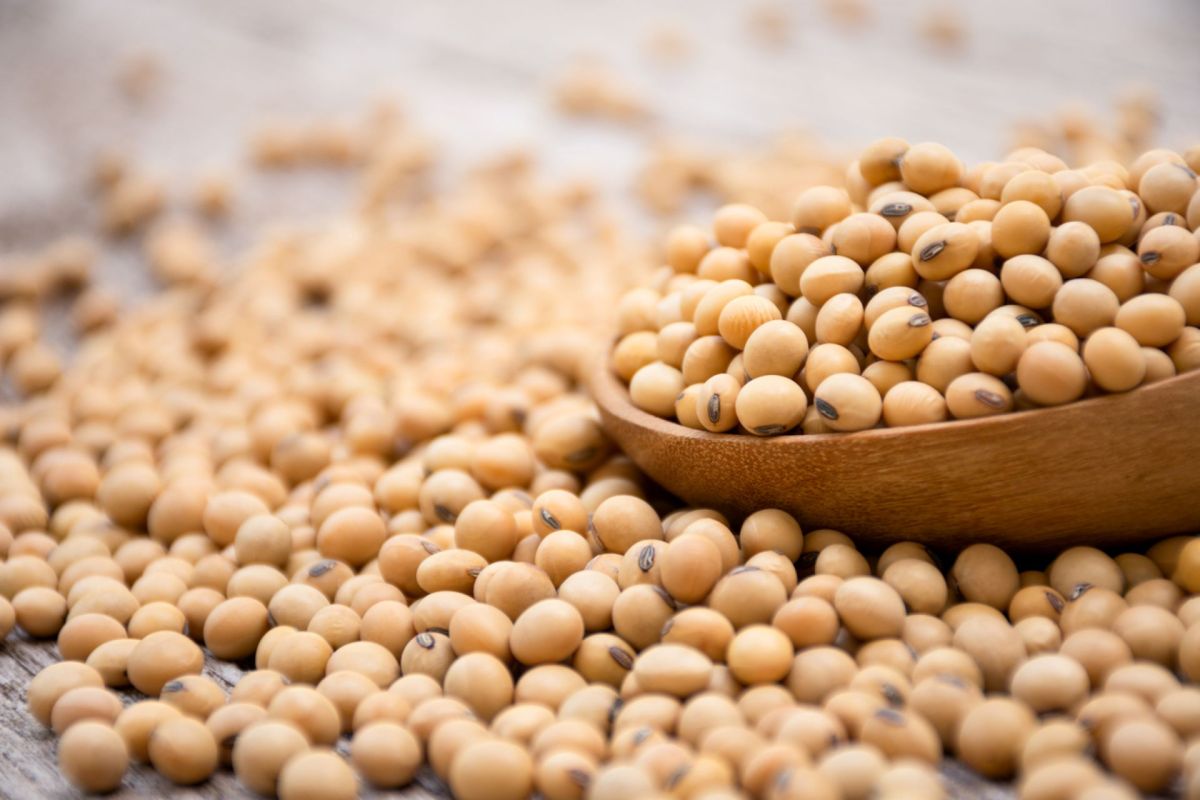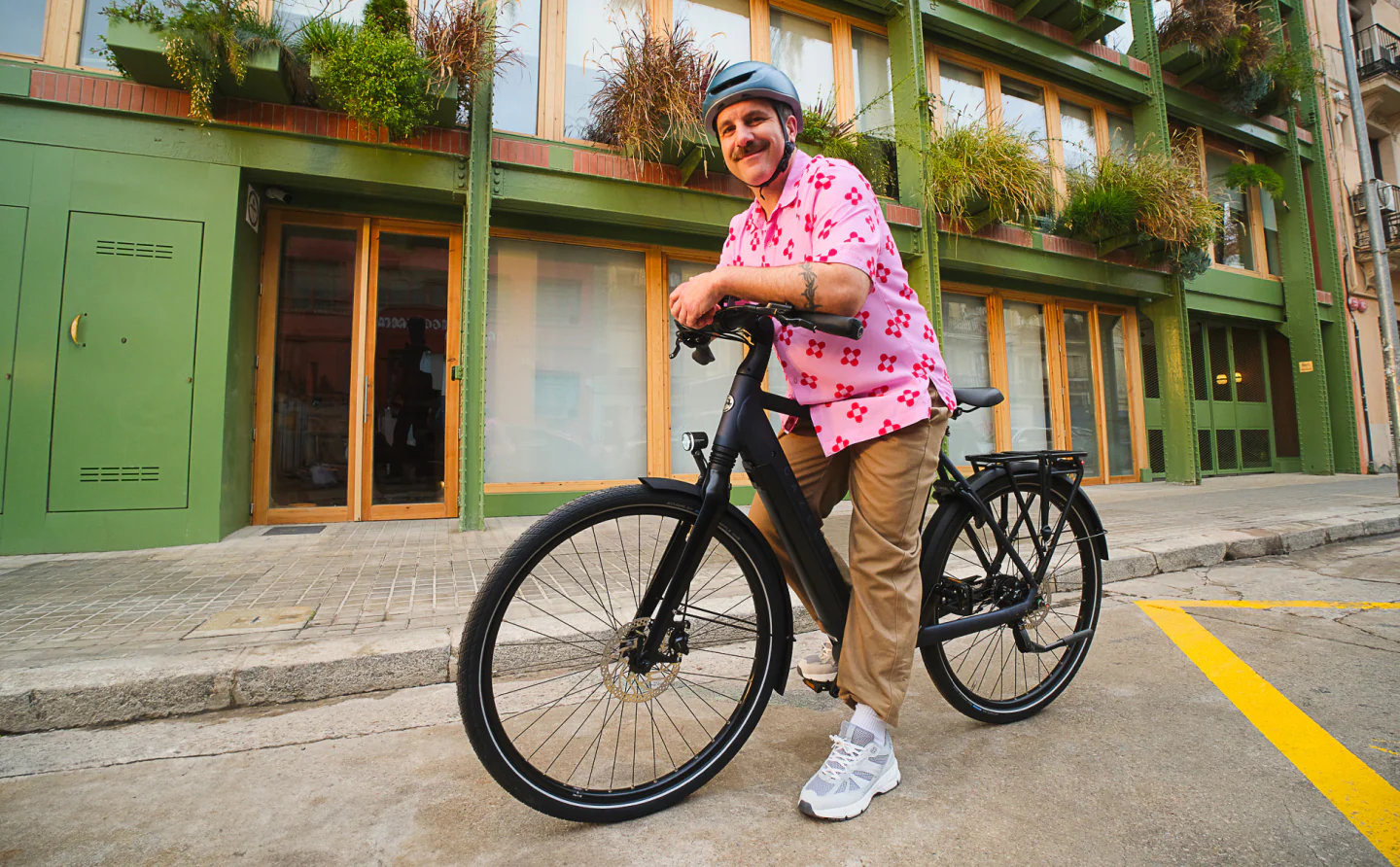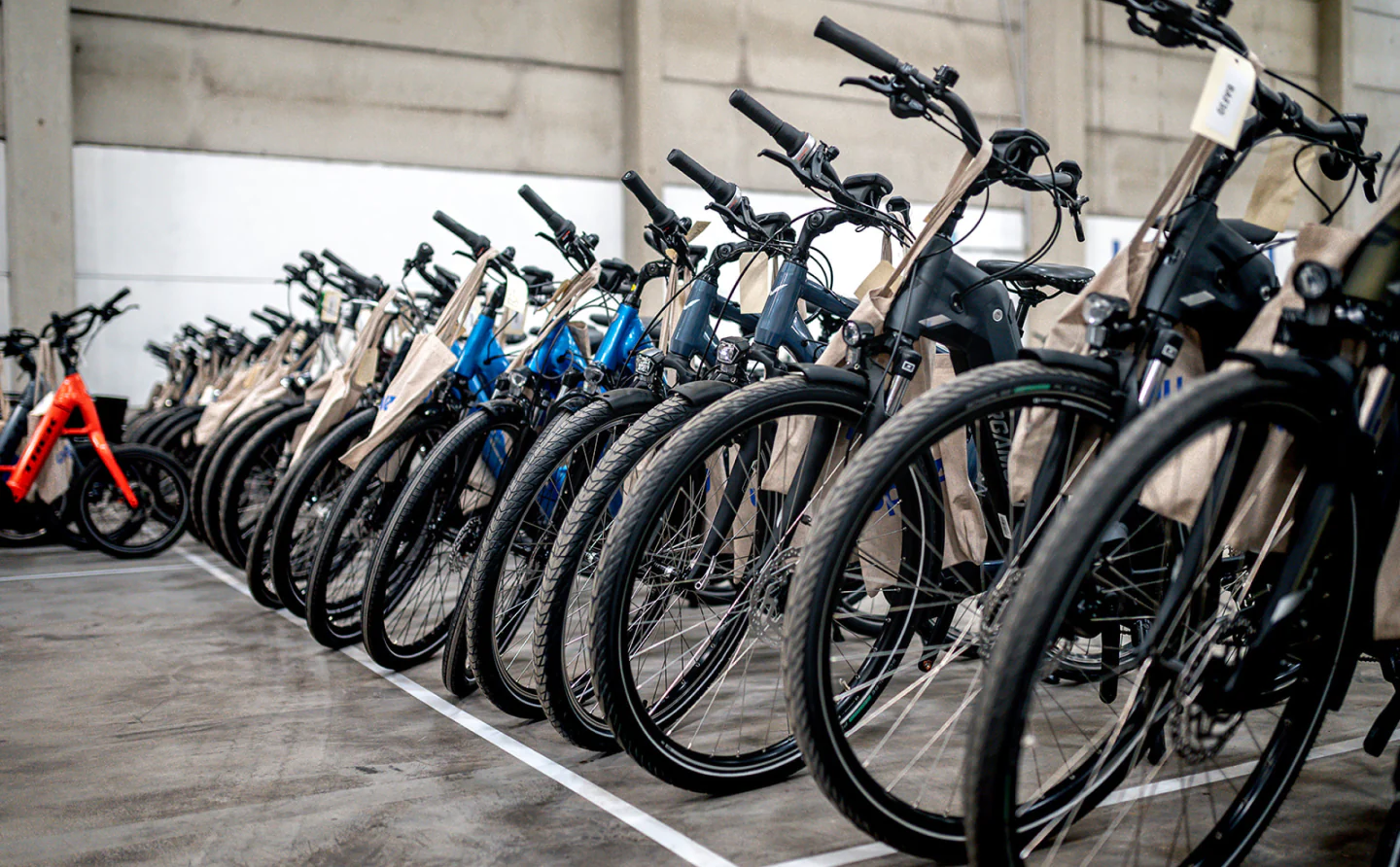A nutrient-dense bean has gotten a boost that may pay dividends in the quest to feed a growing global population while minimizing environmental disruption from agriculture.
As detailed by Healthnews, scientists at United Kingdom-based company Moolec Science developed a soybean-pork hybrid by using the bean as a "vessel" for the animal protein.
The first-of-its-kind soybean, which Moolec Science dubbed "Piggy Sooy," contains 26% protein content from pork, though future information about its composition is unavailable.
"At this point, we can't disclose that, for intellectual property reasons," chief science officer Amit Dhingra told NewScientist over the summer.
Modifications in agriculture are nothing new, with Moolec Science noting on its website that "selective breeding of crops" has been a common practice in farming since the beginning.
Genetically modified organisms (GMOs) simply take that up a notch with the introduction of a foreign genetic material, and this type of work has led to life-saving breakthroughs.
Watch now: What's the true environmental impact of renewable energy?
According to the U.S. Food and Drug Administration, in 1982, human insulin for people with diabetes was "the first consumer GMO product developed through genetic engineering."
While modifying food is in a different realm, the need isn't any less important.
The overheating of our planet has led to an increase in extreme weather events, with disasters creating "unprecedented levels of damage and loss in agriculture around the world," as detailed by the Food and Agriculture Organization of the United Nations. The yields of some major food crops have decreased as well.
 Why do you eat plant-based foods?
Why do you eat plant-based foods?
 The health benefits
The health benefits 
 It's cheaper
It's cheaper 
 It's good for the planet
It's good for the planet 
 I prefer the taste
I prefer the taste 
 Click your choice to see results and speak your mind
Click your choice to see results and speak your mind
While rising temperatures have been mainly driven by the use of dirty energy, the agricultural and livestock industry plays a role, with the Environmental Protection Agency noting that 37% of human-caused methane pollution comes from our practices in that sector.
TCD Picks » Upway Spotlight

Piggy Sooy, which is in the process of obtaining a patent, is a long way from being ready for consumers, as Healthnews pointed out.
With further testing and approval, though, it could be one of the solutions to the rising problem of food insecurity amid a warming planet. Several types of lab-grown meats are expected to hit the U.S. in the near future.
On its website, Moolec Science says that it envisions "millions of tons of soy proteins feeding humans instead of animals, without compromising real taste and nutrition."
Join our free newsletter for weekly updates on the coolest innovations improving our lives and saving our planet.














